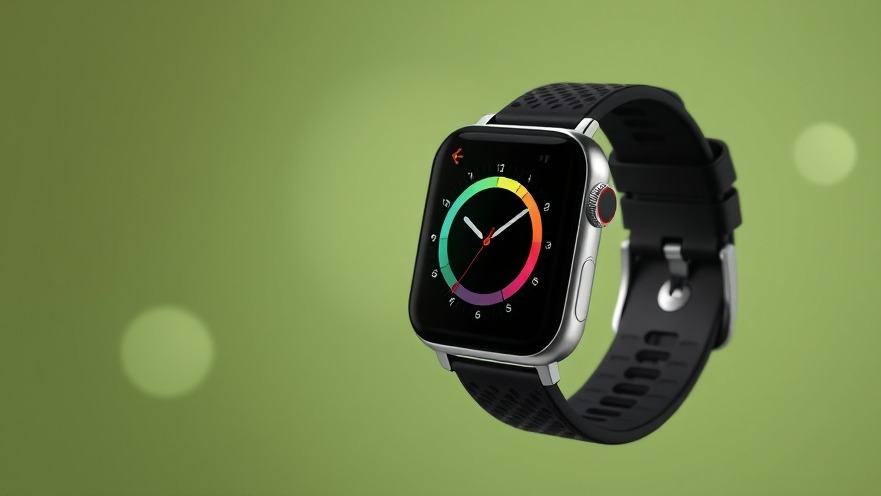
Wearable Health Tech: A Game Changer for Chronic Disease Management
In an age where technology has permeated every aspect of our lives, the healthcare sector is no exception. For those living with chronic health conditions, such as diabetes or heart disease, wearable health technology has emerged as a vital tool in managing their well-being. It has transformed traditional care practices into a more proactive and personalized approach, allowing patients to monitor their health in real time.
Understanding the Evolution
Not long ago, monitoring a chronic illness involved tedious paperwork and regular doctor appointments. Today, devices as simple as smartwatches and advanced glucose monitors bring healthcare right at the fingertips of the patients. These developments allow for continuous health monitoring, enabling patients to stay connected with their bodies and their doctors.
Real-Time Monitoring: The New Normal
One of the remarkable advantages of wearable health tech lies in real-time monitoring. For chronic disease patients, this is not just a convenience; it's a lifeline. Patients can receive immediate alerts on health changes, empowering them to address issues before they escalate. Whether it’s tracking heart rhythms for patients with cardiovascular concerns or monitoring glucose levels in those with diabetes, wearables provide crucial insights that can spell the difference between health complications and preventative care.
Empowerment Through Data
Wearable devices have also ushered in a new era of patient empowerment. By offering immediate feedback regarding physical activity, sleep quality, and vital signs, they enable patients to take control and make informed lifestyle choices. This active involvement enhances their well-being and the effectiveness of their treatment plans.
Strengthening Patient-Provider Communication
Effective healthcare relies on collaboration between patients and providers. The data collected through wearables builds a comprehensive health profile that healthcare providers can leverage for more informed treatment options. By bridging the gap between medical visits, this ongoing data stream allows for a nuanced understanding of a patient’s condition over time. For concierge medical practices, this data-driven approach can enhance patient relationships and overall care quality.
Impact on Specific Chronic Conditions
For many chronic conditions, the implications of wearable technology are profound. Take diabetes management, for example. Continuous glucose monitoring devices—once a novel concept—have revolutionized how individuals track their blood sugar levels. These devices not only provide real-time glucose data but can also predict adverse health trends, allowing patients to respond promptly to avoid complications.
The Future of Chronic Disease Management
As healthcare technology continues to evolve, the role of wearables in chronic disease management is likely to grow even more significant. Future innovations could include deeper integrations with telehealth services, enabling specialists to monitor patients from afar, providing interventions as needed, and making healthcare more accessible. Furthermore, as data analytics improves, wearables may offer even more precise health predictions, helping patients and providers tailor treatment plans uniquely suited to individual needs.
For concierge medical practice owners, embracing this transformation presents unique opportunities for growth. Integrating wearable technology not only enhances patient care but also positions practices as leaders in innovative, personalized healthcare.
 Add Row
Add Row  Add
Add 






Write A Comment